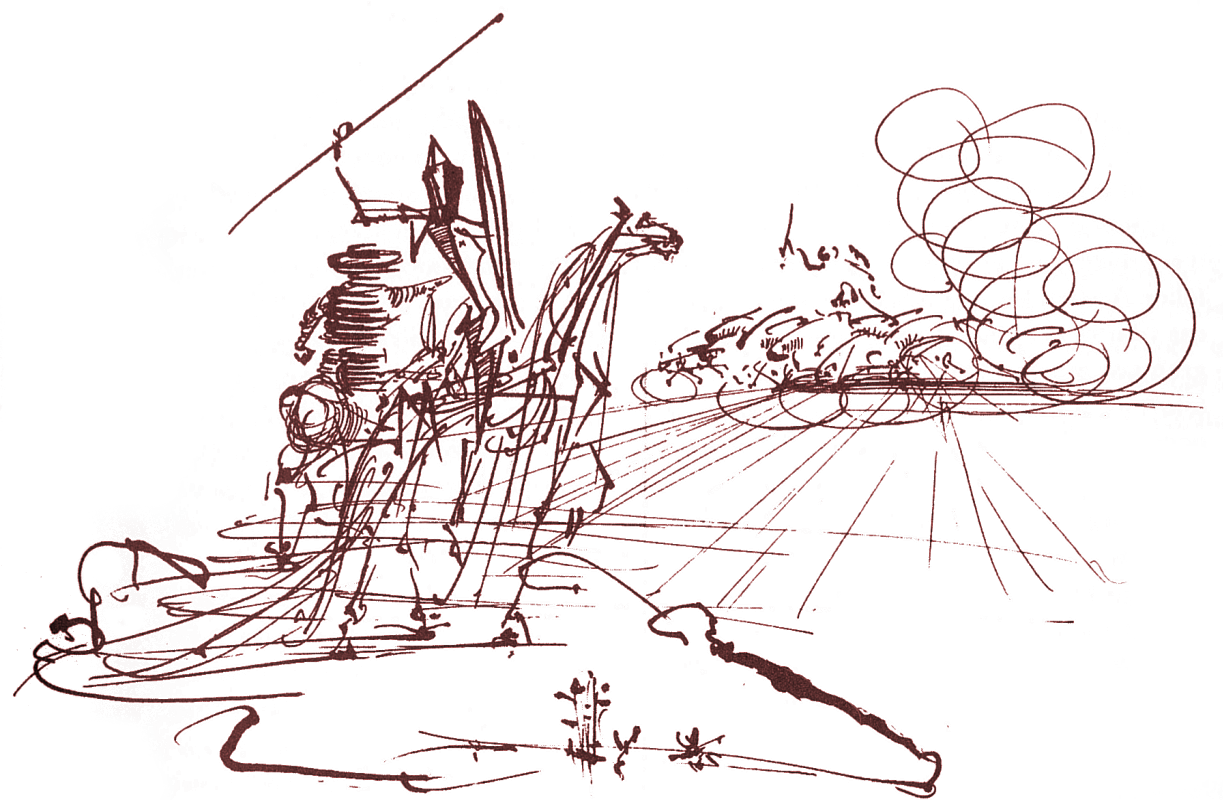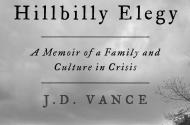I have been reading conservative news occasionally, specifically the National Review and Brietbart. But rather than making me more conservative, it's caused me to wonder.
I ask this question: what sort of movement would be acceptable to the National Review? Nonviolent protestors that take things over are called coercive and authoritarian... let alone the boilings over of rage that result in riots or confrontations with police, simmered as they have so many years.
Their critique is that black rage goes too far. They never state it explicitly, but the implicit claim is that black behavior is out of control across the board, and this justifies police intervention.
The pathologies of black culture can be traced to historical causes--historical causes rooted in slavery and Jim Crow. That is: the original pathology is oppression.
If I were black, I would feel rage. I would have a fury that bubbled under the surface of my skin, and if you pricked me, I would pop. Rage is a tiger. If you wrestle a tiger to pin it to the mat, you make it all the more furious. It is not a dog that can be brought to heel.
This is why I wonder at authoritarian approaches to systemic racism. More policing? Really? Because that's really what's going to solve the lack of economic opportunities that drives gang activity? Because arresting kids for being out on the streets is... what? Going to convince them that they're better off alone and without a posse? That they should stay indoors? It wouldn't have convinced me. Perhaps I was too afraid of my own cowardice not to confront it. But that's manliness in America, isn't it?
"Fixing" the black community does not start with culture or with churches. It starts with fixing broken systems.
It seems to me that what is being asked of black people is that they assimilate into white culture. That they, in essence become white. But whiteness requires blackness as a ground for its figure.
Whiteness allows some black folk to become white... partially. But whiteness cannot admit all black people, or it would cease to be whiteness.
This is not a bug in America: something broken by a bad piece of code. No, this was a feature: built in from the start. Slaves built America. That makes me angry.
But we all know this, right? Probably few people within my radical-left filter bubble will dispute anything I say. And in fact, there are black voices that speak with greater depth of soul on this matter than I.
So why write?
Because I think racism is hard to keep in mind. I believe that we white folks need to be reminded, and to remind ourselves, of the depths of racism in order to understand the depths of the rage it provokes. And the Philando Castile verdict is a good place to remember.
I may grieve Philando Castile, black folks may rage. Black rage may not always be temperate. But that does not mean their cause is unjust. In this case, the opposite is true.
Now comes the place where the National Review would accuse me, or others on the left, of justifying violence. No. I do not believe that riots or violence in protests are acceptable, let alone strategic. Nor do I believe that police shootings are acceptable.
First condemn racism and racist violence, then listen to grief and rage. The National Review and Brietbart must condemn racist violence if they are to condemn black rage. They must first affirm that black lives do matter, they must affirm the depths of racism and racist violence, before they move to critique. And so must we.
So let us reflect and grieve--or rage--for a moment.
Amen.










